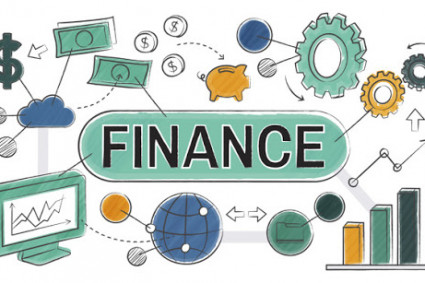Trading in any financial markets involves many intricacies, and most of the fresh traders lose money. One can only succeed with the right skill set, experience and practice. Let us look at the currency market and how forex trading is done.
The foreign exchange market is the most massive and liquid market in the world and grows on an annual basis. Forex trading allows for 24/7 as it is decentralised and operated over the counter - OTC via a network of computers.
Even though it is one of the largest trading markets, most of the activity and volume result from just twenty or so currency pairs. The currencies are traded against each other like AUD/USD, and the quotation of these pairs are done in the form of "pips".
Factors responsible for movement and fluctuations in the market include economic conditions in various countries, political instability and risks, financial and trade flows, and other such factors.
How does the forex trading market work?
The forex market works 24/7 and is closed only from a Friday evening to a Sunday evening. But the whole epidemic of 24/7 trade is a bit misleading. The entire market is divided into three core sessions: The United States, European, and Asian trading sessions.
There might be some overlap in the sessions but the major currencies if each market is traded during the particular market hours of those sessions.
Currencies are traded in different lot sizes. There is a mini, standard, and micro lot. A standard lot is 1,00,000 units of your base currency, the mini is 10,000 units, and the micro is 1000 units.
Each currency has a unique three-letter ISO code through which traders can identify it as a part of any pair, for example, CAD for the Canadian dollar, EUR for Euro, or GBP for Pound sterling.
Pips and Pairs
All the forex trading is facilitated in pairs. It isn't like stock trading, where you can exchange a single stock. In the forex market, you must buy a currency and sell the other one in a pair. Most of the currencies are priced out up to the fourth point of the decimal.
A pip refers to a percentage in point that represents a minute increment of trade. A pip is equal to 1/100th of one per cent.
Fresh traders often trade in micro-lots as a single pip in a micro lot depicts a ten-cent movement in the price. This way, losses can be quickly taken care of if the trade goes against the trader. A pip equals 10 dollars in a standard lot, and the same one pip equals a dollar in a mini lot.
In a single trading session, many currencies move about 100 pips or more. Therefore, trading in a micro or mini lot, a fresh trader can manage losses with much ease.
Factors responsible for the movement in the forex market
The factors of supply and demand are the core players in the fluctuations happening in the market. When people need or want more dollars, the demand increases on the market, which leads to a hike in its price.
On the other hand, when the supply of dollars is greater than the demand, the price drops.
Other factors:
News reports: Traders and investors want to put their money into those countries' currencies that have a robust economic outlook. So whenever positive news hits the market about any country or region, it propels investors and traders to increase the demand for the currency of that region. On the contrary, when negative news hits the market, then the demand may fall. We can say that currencies infer the economic growth of the countries they represent.
Central Banks: The supply of any currency is controlled by the country's central bank to which the currency belongs. These banks can announce or make changes in rules and regulations that can impact the price of the currency.
Market Sentiments: The sentiments of the market can also play a crucial role in driving currency prices. If traders think that the currency will follow a particular direction or trend, they will trade accordingly and convince other traders to follow the same line to lower or hike up the demand.
Conclusion
Like any other market, trading in the forex market can be easy, but forming winning trading strategies can be challenging and can take up a lot of practice. If you're looking for a broker to facilitate forex or other trade, we recommend HFTrading. HFTrading is a regulated broker offering trade in a wide range of products like forex, stocks, indices, cryptocurrencies, commodities, ETFs, metals, and more.



